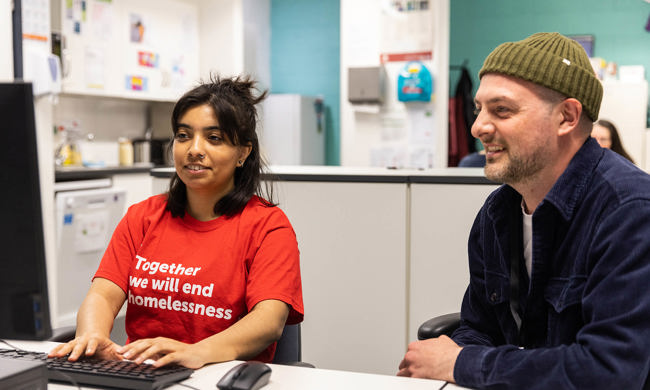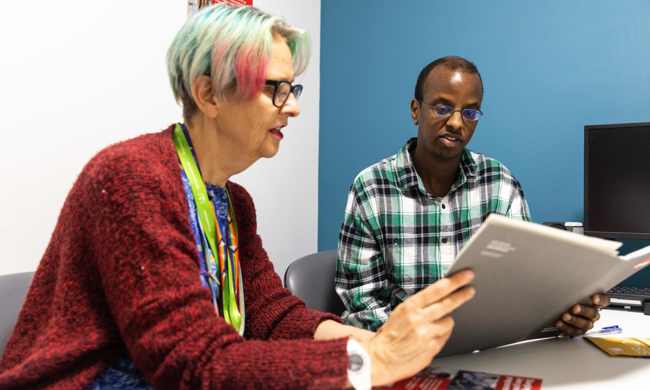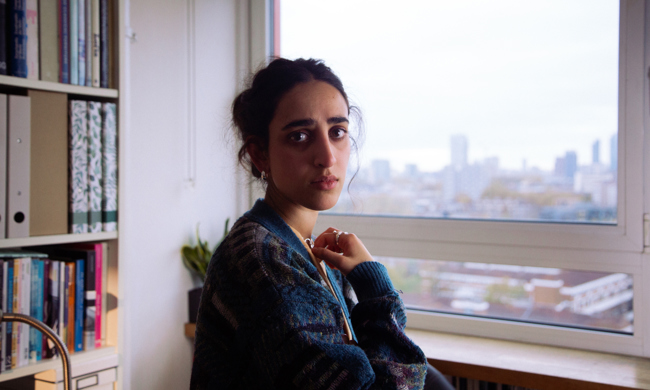What causes homelessness?
People become homeless for lots of different reasons. There are social causes of housing insecurity and homelessness, such as a lack of affordable housing, poverty and unemployment; and life events which push people into homelessness.
People are forced into homelessness when they leave prison, care or the army with no home to go to. Many women experiencing homelessness have escaped a violent or abusive relationship.
Many people become homeless because they can no longer afford the rent.
And for many, life events like a relationship breaking down, losing a job, mental or physical health problems, or substance misuse put people under considerable strain. Being homeless can, in turn, make many of these problems even harder to resolve. However, in nearly all cases homelessness is preventable and in every case it can be ended.
Read more
To find out more about the factors that contribute to homelessness please read:







